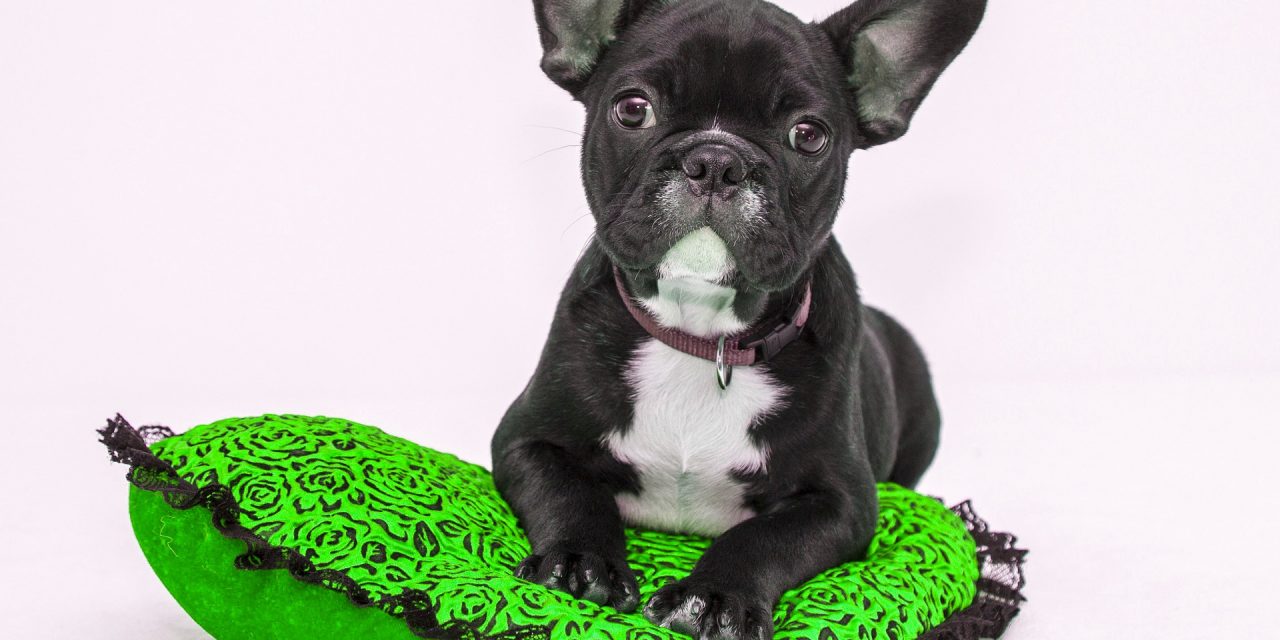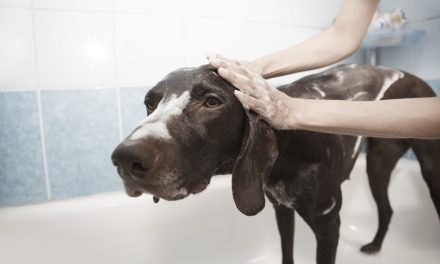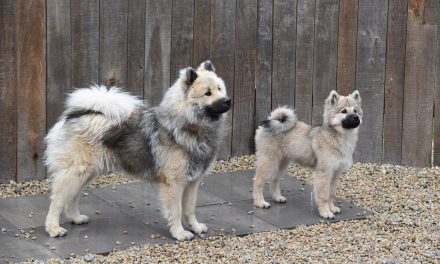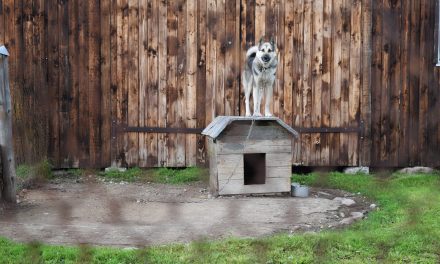- Home
- /
- Blog posts
- /
- How to Choose the...
There are lots of different aspects to consider when choosing what breed of dog is more suited to yourself and your household. One of the most important things to consider is whether or not you have enough time and energy to devote to caring for an animal. For example, if you live alone and travel a lot for work, then it may not be the best time to welcome a dog into your home.
Some other things to consider may include:
- The size of your home and whether or not you are allowed pets in your home
- If you have time to look after your pet or if it is practical for your living situation
- Breeds – All dogs are different and have differing needs.
- Financial implications of owning an animal.
What to expect from our article
You and Your Home
Before you begin your search for an animal, you should make sure that you are allowed pets where you live. Whilst some rented properties allow for animals to be kept, not all do. It may also be wise to assess your living situation and make sure that you have room for a pet. If you live in a particularly small house, you may consider a smaller breed of dog if you feel that you don’t have the space for a larger breed.
A dog will need space to go to the toilet. If you don’t have a garden for them to go out in, they will need to be taken outside at least every few hours to make sure that they have an appropriate space to do their business.
You may also want to Crate train your new puppy. Puppy/dog training crates can take up a lot of room so it is something to bear in mind when choosing your new dog to make sure you have enough space for it. See our guide on how to crate train your dog.
Financial Implications of Owning a Dog
It is also important to consider your budget, and make sure that caring for an animal is financially viable for you. Owning a dog can be costly and research states that over their lifetime, a dog can cost from at least £4500 – £13000 in their lifetime. These figures are dependent on the size and breed of your dogs, but can be even higher. Dogs can live up to twenty years, so it’s important to consider the impact they will have on your life not just for right now, but for in the long term too.
There will be initial costs when you get your first dog, and then ongoing costs for other essentials that they will need. As well as the actual cost of the dog, to start out, there are things that you may need to provide for your them such as:
- Lead and collar
- Vaccinations
- Monthly wormers for the first six months
- Bedding
- Food and water bowls
- Flea treatment
- Toys
- Pet Insurance
- Crate
The most obvious ongoing cost for any pet is food. The cost of this will depend on what food that you buy, and can also be impacted by any dietary requirements that your dog may have. Some expenses can be unexpected such as vet bills that may not be covered under your pet insurance or optional treatments such as spaying and neutering. If you decide to go on holiday, and don’t have any family or friends that are able to care for your animal, then other costs can occur such as kennel fees.
Research is Key
The most valuable way to spend your time when deciding what dog to get is by researching. Try to narrow it down to what breeds you are interested in, and find out as much information about them as possible. This is a great way to find out about the good and bad traits associated with the breed and make sure that you are more prepared. For example, some breeds may be more prone to different health risks/conditions, and some may need more exercise than others. If you know any dog owners, it may be helpful to talk to them about their experiences with the breeds that they own.
The Animal Welfare Act
The Animal Welfare Act means that all owners of animals have a duty of care to meet the welfare’s quality and standards. This is to make sure that all pets are physically and mentally healthy and happy. The five aspects of this welfare act are:
- Environment – Provide a safe and stable environment for your dog to make their home.
- Diet – Feed them the correct amount and type of food.
- Behaviour – Allow them to show normal behaviour patterns.
- Companionship – Some dogs like to be individuals, whereas others enjoy company.
- Health – Make sure your pets are in good health and that you seek advice from a vet if they become ill or are injured.
Buying or Rescuing
There are different routes to take when you choose to get a dog. You can either adopt and rescue a dog, or you can purchase one. When buying a dog, make sure to never purchase from a puppy farm. These farms are created solely for the purpose of breeding dogs and those dogs live in poor and unacceptable conditions. Always purchase from a reputable puppy breeder. Kennel club assured breeders list pedigree puppies that are currently available. These breeders should follow the recommended breeding guidelines and make use of the health screening available.
There are always lots of dogs that are looking for a home. You can search for a dog either online or at centres around the United Kingdom. There are both puppies and older dogs available for rehoming and once you find one that you would like to give a forever home, you can submit an application. If your application is successful, you can then meet the dog and a home visit will be carried out to make sure that you are a suitable match. If all goes well, then you can come and collect your new dog.
Crossbreeds and Pedigrees
A pedigree dog is a dog with two parents of the same breed and their family tree will have been recorded and registered. A crossbreed dog is a dog that has two parents that are different breeds. Both come with positives and negatives that should be carefully considered.
Dog Traits That You Should Consider
Energy – All dogs need exercise, but some need more exercise than others do. One breed may only need one walk a day, or two shorter walks a day, whereas others may need walking and other forms of physical activity throughout the day.
Grooming – It might be a good idea to find out how much grooming the specific dog breed you’re looking at will need. A low maintenance breed may be more suitable for those who don’t have the time for extensive grooming or don’t have the funds to hire a professional groomer. All dogs are different in the level of grooming that they require from brushing to general cleaning.
Moulting – All dogs shed their fur, but some significantly more than others. This should be considered if you, or someone in your household has dog fur allergies, or if you don’t want to have to deal with large amounts of fur in your home.
Gender – The sex of the dog can be associated with different traits such as energy, affection, and personality.
Safety With Children and Dogs
If you have children, or are planning on having children, then this may be something you need to consider before getting your first dog. Certain breeds have different temperaments, and some are more companianable than others. It is also important to teach your children to respect your dog and help them to learn that dogs have boundaries too. If you are rehoming a dog, you should also make sure that they don’t have a history of aggression or issues with children.
Help and Advice When Choosing a Dog
There is lots of advice and help out there to inform you correctly to make the best choices. Conducting lots of research is going to be beneficial to help you on your journey to choosing what dog is right for you and your family. Some leading organisations also have ‘pet selector’ quizzes that can help you decide what kind of dog or animal is right for your situation. This can be helpful to point you in the right direction.











Trackbacks/Pingbacks